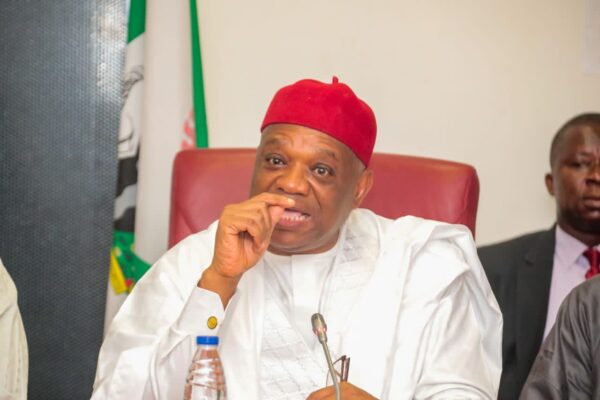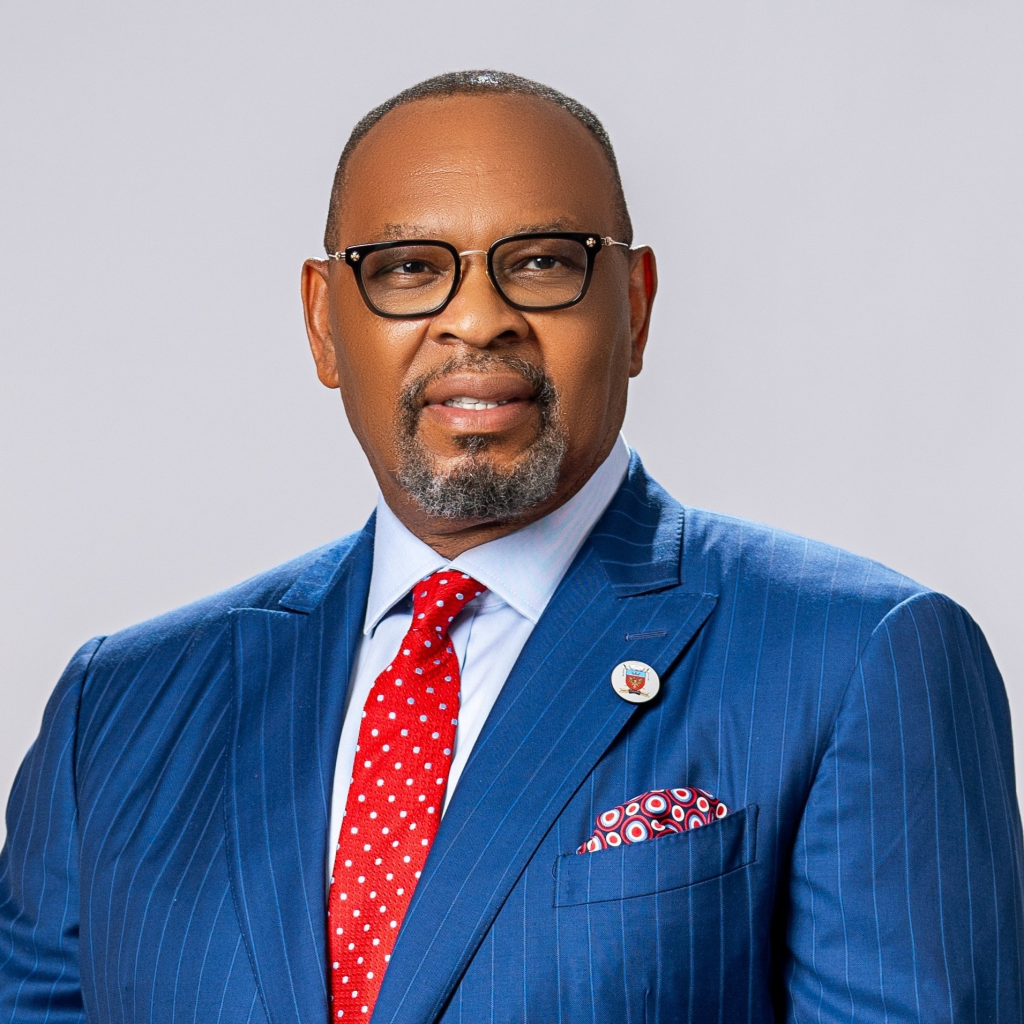Iyke Bede writes that three focus areas-funding, organising, and monetisation- shaped the discussions at this year’s Gamathon, the prominent continental market for games development
After a long trek through some of Africa’s prominent games development markets in Kenya (April), Ghana (July), and South Africa (September), exploring, providing support, and projecting game developers through its B2B2C convention, Gamathon, organisers Africacomicade embarked on a final trek in Lagos, Nigeria, marking the final leg of the convention this year, the sixth in its series.
The Gamathon signature weeklong event commenced in its usual tradition, each day focusing on events that touch specific aspects of the gaming industry, ranging from AR and VR gaming and animation workshops to spotlighting women game developers on panel sessions. Another highlight of the event was the delegate city tour, which helped bridge networking gaps between local studios and game developers from across the continent, allowing all parties to identify areas of growth and underdevelopment.
Co-founder of Africacomicade, Oluwatosin Ogunyebi, highlighted the importance of Africacomicade tours outside Nigeria.
He said, “So we’ve gone to all these countries to see what they’re doing there, get them to showcase as well, and then we’re making this the final one where everybody then converges to talk about it and get people to just showcase what they’re really, really doing. So, the goal here is to connect all countries across Africa together to showcase what we’re doing as a community.”
The Ark Pitch, a key part of the Gamathon, allowed various studios to present their games to industry stakeholders. Africacomicade supported this with a $2,000 prize pool and provided $ 40,000 in funding for Android game development. On the PC gaming front, Emedia Interactive emerged as the winner, while Veh Veh Gaming clinched the mobile gaming top spot.
Three focus areas shaped the discussions at the main event: funding, organising, and monetisation. Panellist Edu Shola, founder of Deluxe Gaming, emphasised that the industry has grown a lot, but what’s seemingly missing is direction.
“We are over-mentored and underfunded,” Shola noted.
What the session further revealed was that there was growth without structure—one that stems from a lack of organising around associations. In other words, funding is sourced individually, and without a recognised body for gamers, it becomes harder for collaboration to thrive. Game development standards are varied across the board, stagnating overall growth and advancement, and there is even less representation in funding.
On creating associations, Ogunyebi encouraged gaming studios to coalesce to consolidate their strengths and present a unified front for the industry.
“It’s very much needed,” noted Ogunyebi. “We need people to come together and for the ministries, the government, these people to see us as a unit. It’s very, very important because if they see us as a unit, they know where to go, rather than if we just have people spread across the board. So, if they have that unit that they can go to, it can really help everyone as a collective.”
The panellists also discussed other ways through which game developers can start monetising their games instead of solely depending on ad revenue. They suggested leveraging options such as merchandising their game IPs and earning from streaming their gameplay online. They also encouraged using tools like social media to drive visibility and sales.
As Africacomicade gains a firmer understanding of the gaming ecosystem, it’s reshaping its structure to respond more effectively to the industry’s needs. Going forward, the yearly Gamathon will adopt a biennial format.
“With the convention becoming biennial, it gives us enough time to plan for the Gamathon itself. But outside of that, there are so many more events, so many more programs, initiatives that go on throughout the year, and this is an opportunity to work on them more so they are much more productive and we get more out of them. We have the eAfrica Challenge, we also have the SPARK Fellowship as well, so we want to ensure that we have more than enough time to put more effort into these initiatives so they can better serve the community,” Ogunyebi explained.
He added, “So I think one interesting thing to mention is the game development process. Making a very good game takes a while, right? So, it’s the thing where we don’t want everyone to come every year and see a game in development, right? That way, it gives time for the developers as well to create something concrete, and when they come in 2027, you guys get to see a finished product as well. So, you’re not just playing demos every year.”
Africacomicade’s stop in Lagos rounded off a year of purposeful travel and community building. Beyond the panels and pitches, the goal was clear—connect, organise, and strengthen Africa’s gaming scene. By 2027, when Gamathon returns, the hope is that a stronger network of associations will have taken shape, giving developers a unified voice and a clearer path toward sustainable growth.


